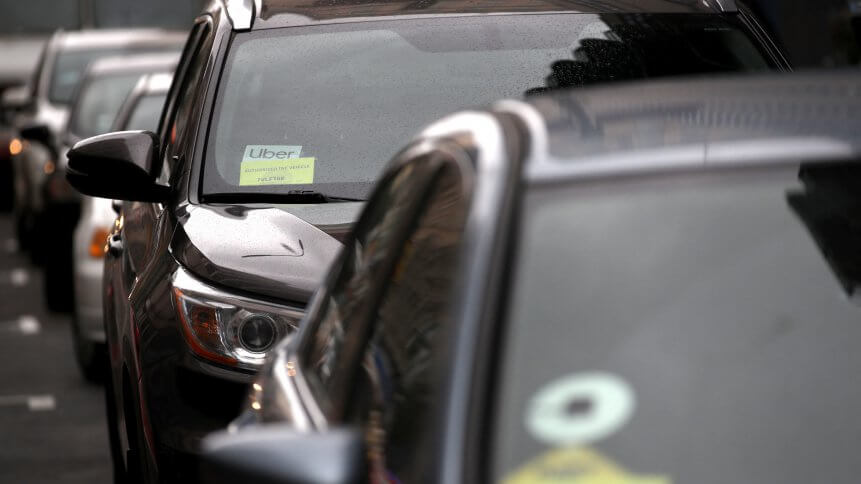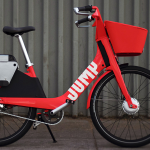Is rideshare pioneer Uber finally inching towards profitability?

Uber this week reported that it narrowed its quarterly loss by selling its self-driving tech unit and said its pandemic-battered rideshare business is starting to regain speed. The San Francisco-based company said its net loss in the recently ended quarter shrank to $108 million, with help from the sale of its automated driving unit for $1.6 billion. A year ago, Uber’s loss was a staggering $2.9 billion.
Overall bookings at the company grew 24 percent to $19.5 billion, driven by strong growth in its Uber Eats delivery unit. The mobile unit that includes smartphone-summoned rideshare car rides saw gross bookings of $6.8 billion, down some 38 percent from the same period last year, the earnings report showed.
But Uber said it was seeing signs people are coming back to a rideshare economy. “Uber is starting to fire on all cylinders, as more consumers are riding with us again while continuing to use our expanding delivery offerings,” Uber chief executive Dara Khosrowshahi said in the earnings release.
Overall bookings at Uber topped expectations, with the trend in its core mobility unit improving during the quarter, according to chief financial officer Nelson Chai. Uber shares were up about one% in after-market trades that followed the release of the earnings figures.
Uber’s rideshare services have been hit hard by the pandemic, as governments across the world issue stay-at-home mandates. While restaurants and retailers are asked to shut tight to foot traffic customers, there has been a surge in demand for their food and grocery deliveries. As a response to the heightened demand, Uber offered a waive in delivery fees across the US and Canada and extended its business model to deliver essential goods and parcels.
While the pandemic has proven a challenge for the rideshare industry, it has stimulated demand for other parts of the business — Uber announced it would launch a grocery delivery service in July 2020 due to the surge in consumer demand for its food dispatch services. The global health crisis placed a near-halt to all traveling, and Uber certainly felt the pinch of this — rides dropped about 80%.
YOU MIGHT LIKE

Is Uber making self-driving bikes and scooters?
The disrupted ride-hailing market gave Uber solid reasons to expand its revenue streams and diversify its portfolio. Uber acquired food-delivery startup Postmates in a US$2.6 billion deal, part of the company’s continuous effort to lead in the food delivery segment as Uber Eats experienced a soar in usage, with gross bookings of US$4.68 billion.
Last month, Uber said it was adding some $250 million as a “stimulus” to help get more drivers on the road to meet the growing demand for rides. The $250 million in stimulus money will be used to boost US-based driver earnings already higher than usual due to less competition from peers at the service, according to Uber.
© Agence France-Presse









